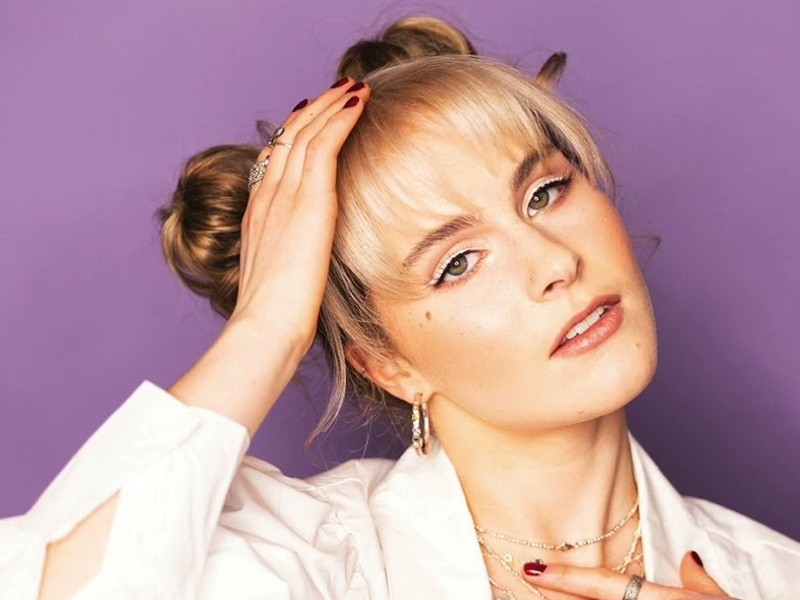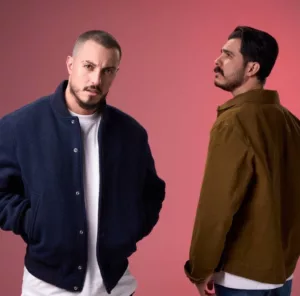Image credit: RÚV – Baldur Kristjánsson
In March 2023, 21-year-old emerging artist Diljá stormed the super-final of Iceland‘s national final Söngvakeppnin with her song ‘Power’. She’s been taking part in the Eurovision pre-parties and will take to the stage at Liverpool in May. Read on to learn more about Diljá and her career up to this point.
Who is Diljá?
Dilja (full name Diljá Pétursdóttir) was born in Kópavogur in 2001, telling Icelandic broadcaster RÚV that she was “attention-seeking and loved to put on shows” as a child. In 2020, Diljá moved to Copenhagen, Denmark where – alongside taking singing lessons – she also studied physiotherapy which is the industry her parents work in. Diljá aspires to become an actress one day and also cites Crossfit and singing in a choir as two of her passions.
Ísland Got Talent
Diljá first caught the attention of Icelandic television viewers in 2015 when she appeared on the TV talent show Ísland Got Talent. She was just 12-years-old when she auditioned for the show and, despite being clearly nervous when she took to the stage, Diljá blew the judges and audience away with her rendition of ‘Brokenhearted’ by Karmin. You can watch her audition by clicking here.
Looking back at the experience, Diljá told RÚV:
It was so big for me because I’ve always watched all these competitions, Eurovision, X Factor and America’s Got Talent. When it came to Iceland, I was just like: This is my chance. This meant so much to me and was the first such big project I did.
Diljá Pétursdóttir, RÚV
The Road to Eurovision
Diljá was discovered by songwriter Pálmi Ragnar Ásgeirsson through Instagram, where he heard her singing with her boyfriend Daníel Óskari (who performs in the musical duo Sprite Zero Klan). Pálmi immediately reached out and the pair wrote ‘Power’ together before submitting it to Söngvakeppnin. Out of 132 submissions, Diljá was one of 10 to be chosen for the semi-finals.
As per the rules of the contest, Diljá initially performed the song in Icelandic during her semi. You can listen to see how it compares below:
Alongside Bragi, Sigga Ózk, the wildcard act Celebs, and Langi Seli og Skuggarnir, Diljá qualified for the Söngvakeppnin final on 4th March, where she ultimately chose to perform ‘Power’ in English. Diljá progressed to the super-final, where two acts compete for the public vote to represent Iceland at Eurovision. What was particularly impressive about this was that Diljá beat Langi Seli og Skuggarnir, who are an established band in Iceland, despite having just started her career. At the time of writing, ‘Power’ currently sits at number 2 in the Icelandic music charts almost a month after its release.
Thusfar, Diljá has performed at the Eurovision pre-parties in Spain and Poland and is also due to perform at the London Eurovision Party on 16th April. She will be the seventh act to perform in the second semi-final on Thursday 11th May, performing in between Cyprus‘ Andrew Lambrou and Greece‘s Victor Vernicos. With both male artists performing mid-tempo numbers on either side of her – as well as the fans she will make performing around Europe during the pre-parties – could this help Diljá stand out and make it to the Grand Final on Saturday 13th May? We’re certainly wishing her the best of luck!
You can follow Diljá on her Instagram here!




